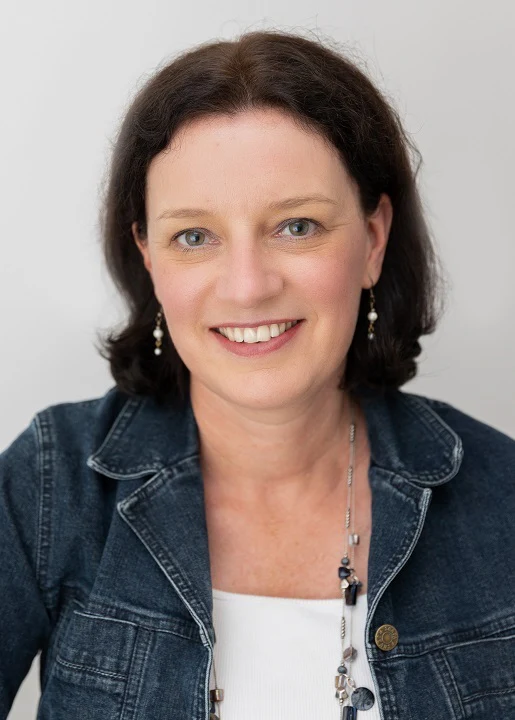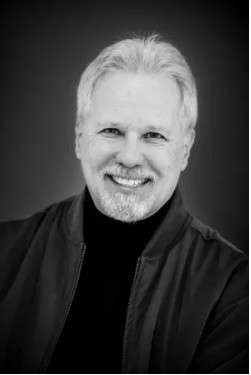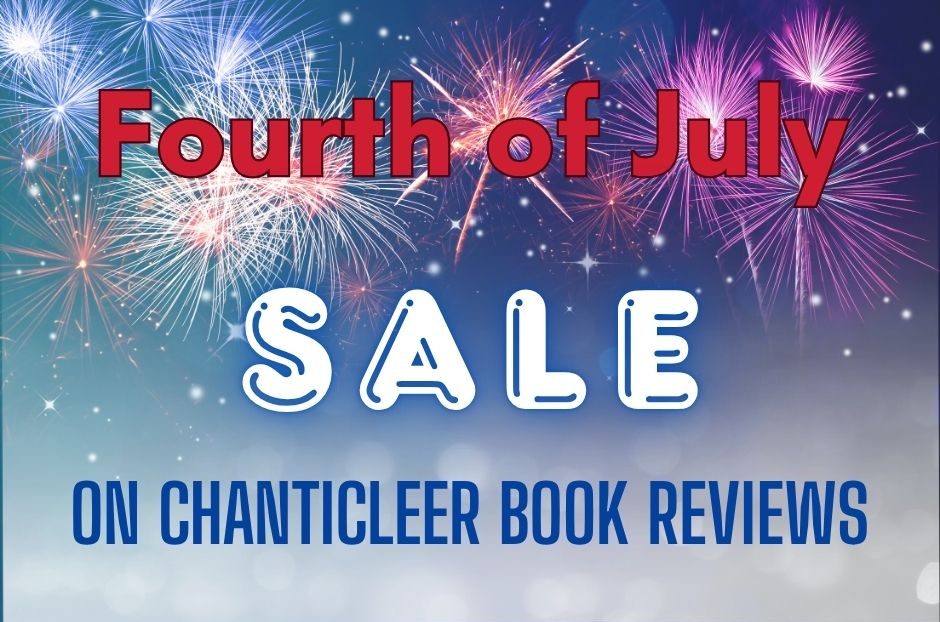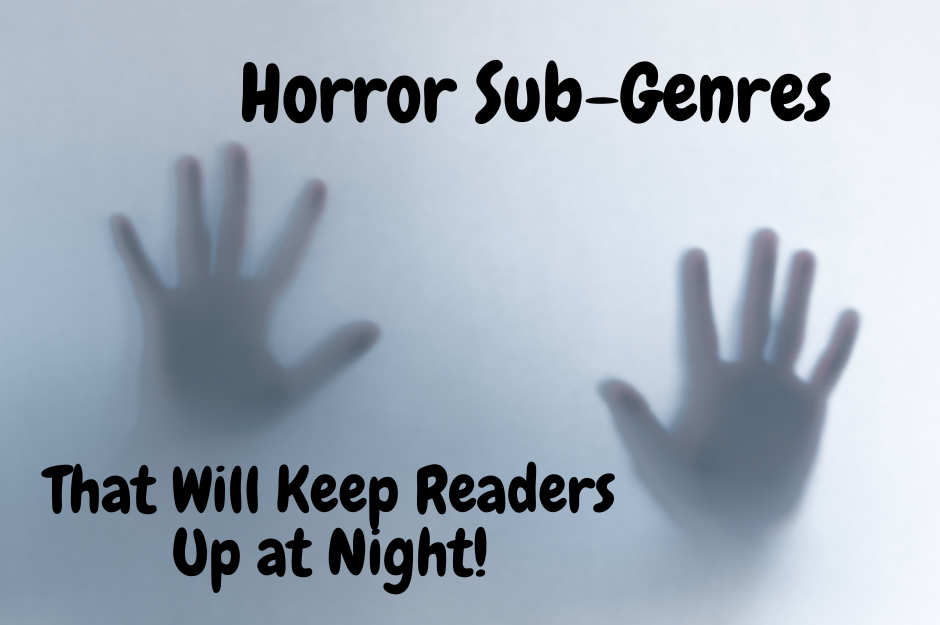|
Listen to or download this article:
|

 10 Question Author Interview Series with Laurel Anne Hill, Award-Winning Author
10 Question Author Interview Series with Laurel Anne Hill, Award-Winning Author
Laurel Anne Hill is one of our favorite authors. Whip smart and full of life, Laurel Anne took home the Grand Prize in OZMA for her work, Plague of Flies: Revolt of the Spirits, 1846.
Let’s get to know Laurel Anne Hill a little better. Read on!
Chanti: Tell us a little about yourself, how did you start writing?
Hill: Born in 1943, I started writing stories before I could read. My older sister would write down the words I told her to, inside a paper tablet. I’d fill in the blank places with pictures I’d cut out of comics or magazines. My first published short story—Nancy Saves the Day—appeared in the children’s section of a major San Francisco newspaper when I was eleven years old. For this I received the payment of two dollars, enough money to see eight double features at my local movie theater if I hadn’t decided to spend the money on something else.
My craft may have been questionable, but I’d become a published author.
My publications as an adult include three award-winning novels, over thirty short stories, many short nonfiction pieces, and one scientific paper.
Chanti: Some of those awards are from Chanticleer! Let’s talk about genre. What genre best describes your work? And, what led you to write in this genre?
Hill: I mostly write speculative fiction: science fiction, fantasy, steampunk and horror. My warped brain has loved to create that sort of stuff since the third grade, when my parents took me to the theater to see Bela Lugosi’s “Dracula.” During the many years I worked professionally in the field of environmental health and safety, I even described my on-the-job writing assignments as “science facts, written in response to governmental fantasy, in order to avoid regulatory horror.” My novels and many of my short stories feature young adult protagonists.
Chanti: Do you find yourself following the rules or do you like to make up your own rules?
Hill: I like to follow what I call “standard good writing practices,” the information I’ve learned (and continue to glean) from writing mentors and experts in the field. I stray from these rules when the story I’m writing demands me to deviate. For example, in Plague of Flies: Revolt of the Spirits, 1846, my protagonist, Catalina Delgado, narrated in first person present tense. One-third through the first draft, I realized I needed a second point-of-view character to provide information only an antagonist could. Two first person point-of-view characters would have confused readers. I opted for a hybrid point-of-view, like I’d experimented with in my second novel, The Engine Woman’s Light. This approach of one first person and one third person narrator solved my problem.
Chanti: What do you do when you’re not writing? Tell us a little about yourself and your hobbies.
Hill: When I was growing up, my family was poor, and my dad was an alcoholic. Three generations resided in a two-bedroom, one-toilet rented flat in San Francisco. I wanted to attend college, but realized I’d have to earn the money to do so. I entered every essay contest open to public high school students in the city and won enough money to pay for four years of college tuition and books at San Francisco State College. In 1967, I graduated with a degree in the biological sciences. In 1978, four years after I’d left my psychologically abusive first husband for a far better man, I earned my Master of Science degree at California Polytechnic State University.
In my twenties, I loved to skin and SCUBA dive, and ride a surf mat down miles of California’s white-water river rapids. I also experimented with oil paints and underwater photography. By my early thirties, I still did skin and SCUBA periodically, painting and underwater photography, but I’d married a widower with two teenage sons and one preteen, and joyfully accepted my family responsibilities. Immediately, I expanded my cooking repertoire. All those wonderful guys loved to eat.

Back then, I worked at San Francisco General Hospital as a nuclear medicine technologist. My husband owned a cabin in the Sierra foothills, and we would spend at least one weekend a month there. Our daughter was born when I was thirty-five years old. I didn’t start writing as an adult until my early fifties. By then, our daughter was a teen, the three “boys,” long-since grown, and our cabin sold.
Aside from our annual family fishing trip, my “hiking” became mostly limited to traversing the 53-acre site where I worked in environmental health and safety. When I retired in 2008, I joined my husband on his daily walks up-and-down-the hills where we resided—up to three miles daily. Now, as a widow, my physical therapist has assigned me exercises in response to the three major falls I had a couple years ago. My “hobby” has become enjoying my amazing family and learning a path to improved health. I also serve as secretary of my high school alumni association and a member of my local Methodist church.
Chanti: That’s incredible! Paying for university by writing essays? Amazing! Thank you for sharing some of your history. How do you come up with your ideas for a story?
Hill: Since my childhood, characters (often armed with their own adventurous tales) have popped into my dreams and conscious thoughts. Up until the second or third grade, they were like imaginary friends, except I understood they weren’t real people. After that, some of them gradually morphed into a cast of characters for possible future stories. Throughout the past thirty years, characters have moved into my mind with their own stories to tell as the need arose. I’ve often said that a main character has to feel real in my head before I can make him/her/they “real” on the page. Once characters and I start communicating inside my brain, my ideas flow.
Chanti: How do you approach your writing day?
Hill: Before I retired from my job as an environmental health and safety specialist at a pharmaceutical research and development site, my writing time was early in the morning, after dinner, and/or as weekends allowed. Once retired, I wrote at the table while my beloved husband sipped coffee and read the morning paper or while he watched the evening news. I would write in-between my household, family and other obligations. After my husband passed away six years ago, my “approach to my writing day” has consisted of consulting my kitchen calendar in the morning, then deciding the best time to grab my laptop, open it and start working.
Chanti: What areas in your writing are you most confident in? What advice would you give someone who is struggling in that area?
Hill: I’ve had over thirty of my short stories published since 1995, served as the editor-in-chief for three anthology collections, and assisted in the editing of several others. I’ve also judged a number of short story contests. I love the short story as a writing medium, but caution new writers to consider the following advice before creating one: The short story is not a very, very short novel. Remember to avoid the temptation to use subplots and multiple point-of-view characters. Read a lot of short stories in your preferred genre. Reading the classics is great, but read plenty of contemporary pieces to see what’s getting published today.
Chanti: That’s great advice! What craft books have helped you the most?
Hill: You might laugh, but I vote for Writing in General, and the Short Story in Particular by L. Rust Hills, first published, I believe, in the late 1970s. I read a lot of classical literature years prior to my first attempt to write a short story as an adult. Despite my Craft of Fiction class in college, I never understood that the difference between a short story and a novel involved a lot more than length. Nor did I comprehend the ways in which the modern novel had evolved in the twentieth century. The diagrams in Orson Scott Card’s Characters and Viewpoint (1988) helped me visualize the differences between the various point-of-view options writers have. Recently, I discovered a website blog by David G. Brown that explains what I’ve been learning at conferences about point-of-view for the past ten years. [Go to: https://darlingaxe.com/blogs/news/history-of-pov.]
Chanti: Thank you for that information. Give us your best marketing tips, what’s worked to sell more books, gain notoriety, and expand your literary footprint.
Hill: I’m active in the California Writers Club and participate in their “Writers Helping Writers” outreach programs. I’ve been a program participant at many science fiction/fantasy “cons” internationally for fifteen years. I’ve run Amazon book promos, with up to 3,000 book sales (and Amazon best seller status in particular categories) over the promotional period. My most recent novel, Plague of Flies: Revolt of the Spirits, 1846, has won seventeen awards and a number of excellent professional reviews. My previous novel, The Engine Woman’s Light, won thirteen awards and received a Kirkus Star. Yet my overall book sales are not particularly impressive. At age eighty, I’m still not sure what the heck works at all, let alone the best. With luck, maybe I’ll figure it out by the time I hit ninety.
 Chanti: You figure it out and let us know, okay? What are you working on now? What can we look forward to seeing next from you?
Chanti: You figure it out and let us know, okay? What are you working on now? What can we look forward to seeing next from you?
Hill: I’m writing a steampunk fantasy set in Mexico and California in the nineteenth century. Working title: Saints of Fire. In this novel, the mass murder of family members forces a Mexican woman and her two daughters to flee into hiding from the unidentified perpetrators. The spirit of her now-deceased husband seeks to identify the persons responsible for the disaster, but death has stolen most of his memory. He finds he can only communicate with his fifteen-year-old daughter. Gradually, he and his daughter start to realize he might have played a role in the horrific event.
Chanti: That actually sent chills up and down my arms! Do you ever experience writers block? What do you do to overcome it?
Hill: I have never been blocked from writing words. Writing the best words, however, can pose a challenge. Sometimes, I’ll stare at the screen, pour another cup of coffee and keep mulling over possibilities until the answer materializes in my gray matter. Other times, I’ll move to a different part of my manuscript and work there. Eventually, I’ll find my words in all the places I need them to be.
Chanti: What excites you most about writing?
Hill: The ability to combine words, ideas and art to create a piece unique to me—a dynamic adventure with authentic, engaging characters. I’m excited by the possibility of touching another human heart and changing that organ’s owner in some small yet positive way.
Chanti: What is the most important thing a reader can do for an author?
Hill: Some might say to read the author’s latest book and give it a good review on Amazon. Then recommend that book to other readers. Some might say to read multiple books by the same author. Those are both important. Yet I really hope at least a few of my readers will allow my words to touch their hearts—to encourage them to modify their thoughts and lives in a positive manner, if only in some small way.








Leave A Comment